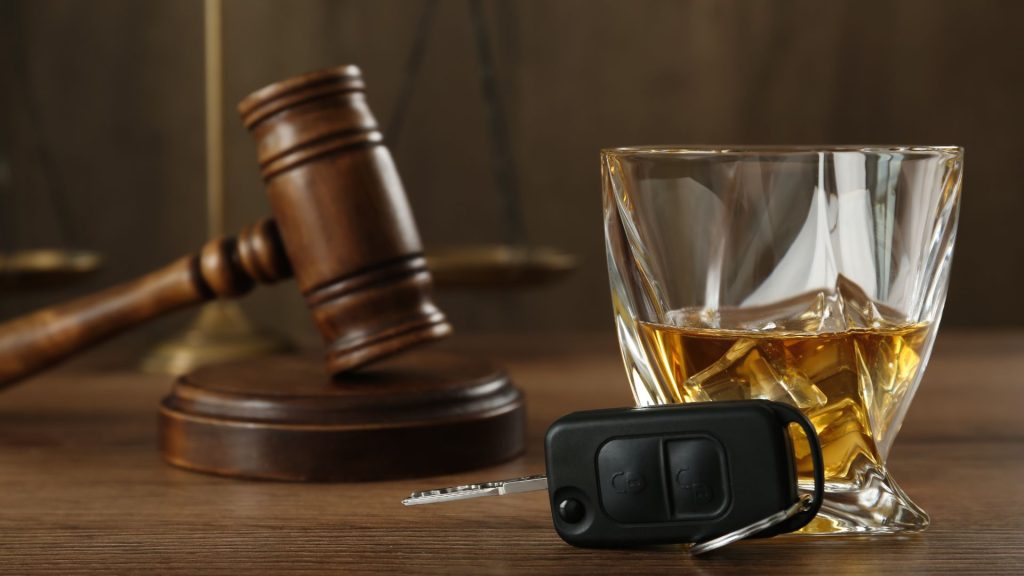There are two types of driving charges — DWI and DUI. Both of these are considered severe offenses in Minnesota.
Here’s when an expert Minneapolis criminal defense lawyer can help you. These attorneys understand that there is no difference between DUI and DWI in Minnesota. She can also explain what consequences you could face if convicted.
What Is DUI?
DUI could be any substance such as alcohol, or, a controlled substance. The legal limit for adults 18 and older is a BAC (Blood Alcohol Content) of 0.08 percent or higher. And if you are under 18, the limit is 0.00 percent of higher. What you need to take care is that when you are stopped by the law enforcement agency, they will request that you submit to tests such as a breath analyzer or a lab chemical test to determine your sobriety. If you refuse, you may face penalties such as a year long license suspension or additional criminal charges which may cause you further legal problems.
What Is DWI?
Driving while intoxicated (DWI) is the same crime in Minnesota as DUI (driving under the influence).
This is applied when an individual’s BAC level is 0.08 percent or more.
The consequences for being convicted of multiple DWIs are harsher than those for a first time DWI, including steeper fines and longer jail sentences, as well as possible forfeiture of your vehicle and a prison sentence.
DUI and DWI in Minnesota
DUI and DWI are severe criminal charges involving driving, operating, or being in physical control of a motor vehicle under the influence of excessive alcohol or drugs. There are essential differences between a first time DWI and subsequent charges. Hence, you must understand them to determine which offense applies in a given situation.
Impaired Driving Ability:
A DUI is charged for impaired driving ability when a person’s BAC level is 0.08 or higher when driving a motor vehicle.
A DWI applies to any level of drugs or alcohol that has impaired their driving ability.
Restrictions for Driving a Vehicle:
as a driver you may still be charged with DWI while driving your vehicle even if you are not a licensed driver. For a DUI, drivers with a valid license and insurance coverage of their vehicle are questionable as well.
Level of Penalties:
whether you are charged with DUI or DWI, you may still have to pay some penalty. Sometimes you may also be required to serve a jail sentence or your license can get suspended. The difference in the penalties for multiple DUIs are more severe than for a first time DWI, if you are driving under the influence of alcohol or drugs.
Probationary Periods:
Courts typically require both DUI and DWI offenders to attend mandatory education classes such as substance abuse treatment programs before they can reinstate their license.
Call Lynne Torgerson, the best DWI lawyer in Minneapolis. She has experience representing clients charged with DUI or DWI in Minnesota. An expert like her will help you navigate the court proceedings efficiently and negotiate on your behalf.



